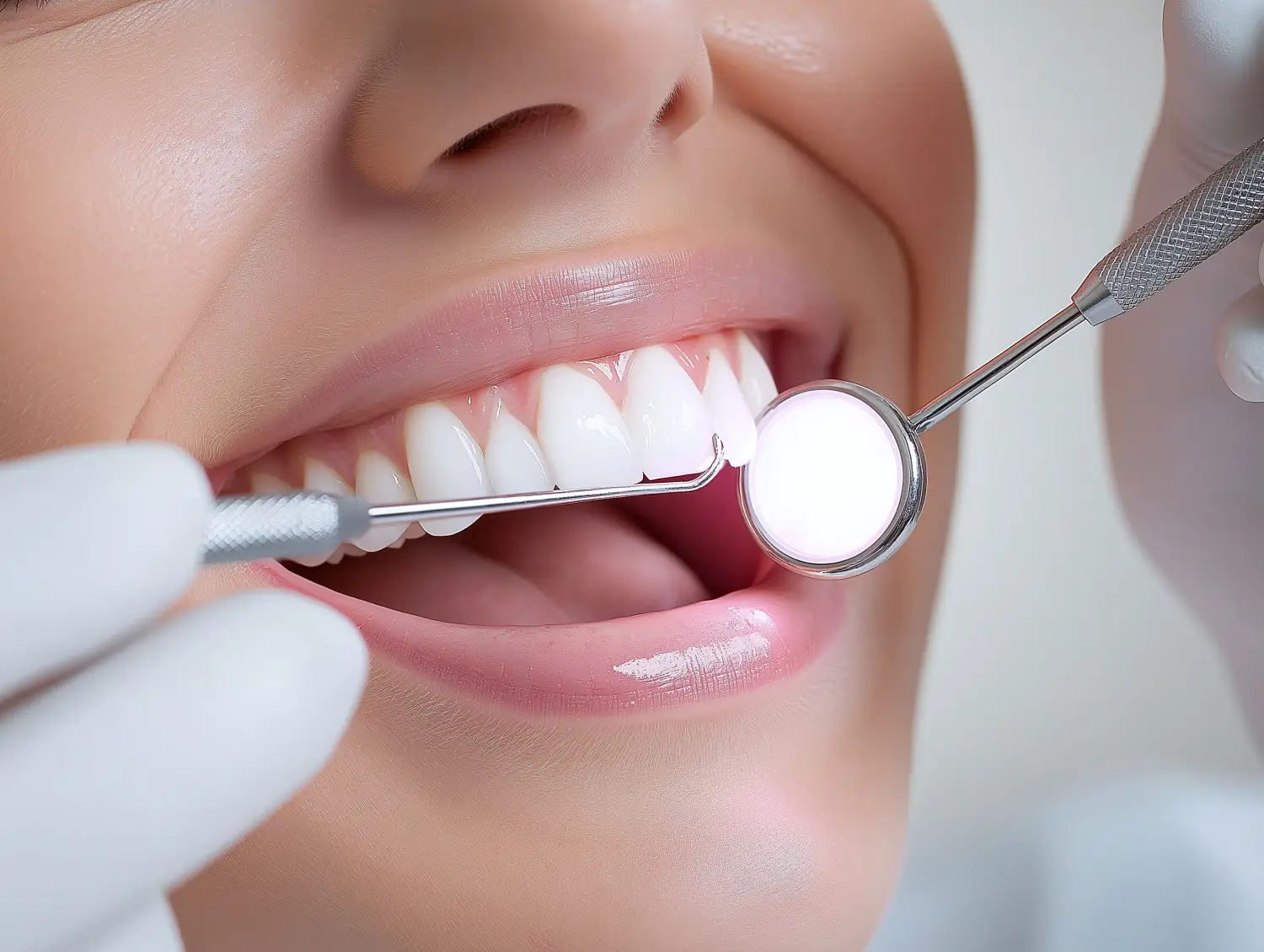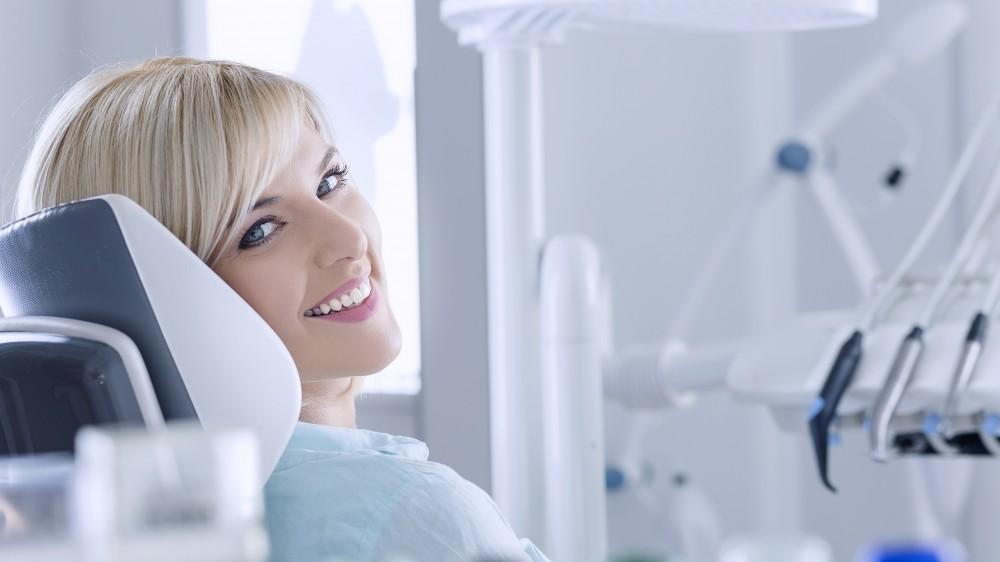
Why is My Dental Crown Hurting?
Dental crowns are a solution for a wide variety of cosmetic and functional issues. They can protect a damaged or weakened tooth, and put the finishing touch on a tooth that has undergone root canal therapy. Crowns can also transform the colour, shape, and texture of a tooth that detracts from your appearance. Crowns are a quick and convenient solution to many dental problems, and can even be provided by many dentists at a single appointment.
Occasionally, patients will experience discomfort that they associate with dental crowns in Orlando. The last thing we want is for any pain or discomfort to detract from your experience of a new crown and smile. We’ll explain the causes of potential discomfort, and how to respond to them.
What is causing your crown to hurt?
Your dental crown may not fit properly
The whole point of a crown is to provide you with a new biting surface and to wrap your tooth with strong new material to bind, support, and perfect the appearance of that tooth. Your dentist will prepare your tooth for the new crown by removing a thin layer of material so the crown won’t add any bulk or height to your tooth. Despite all the care put into designing a crown to fit perfectly, a crown may occasionally sit too high on your tooth (meaning it is too tall). The tiniest mis-fit when it comes to those biting surfaces can cause discomfort when you bite or chew.
If your crown-related pain occurs when you chew or bite, contact a dentist in Orlando so they can make the necessary adjustment to the biting surface of your crown.
Your tooth’s nerve may be inflamed
In some cases, the pain you associate with your crown is not related to your crown, but to the roots of your tooth. Advanced tooth infections can cause the pulp (nerve) of a tooth to become damaged and inflamed. The symptoms of an advanced infection that may require a root canal to resolve can include:
- Severe pain while chewing
- Long-lasting tooth pain in reaction to hot and cold temperatures
- A discolored tooth
- A foul taste in your mouth
- Tender and swollen gums around your tooth
- Abscesses or pus discharge around the affected tooth and gums
If you are experiencing any of these symptoms, contact a dentist near you right away. The symptoms may have very little to do with your crown, but may indicate a serious infection that can be eliminated by a painless — yes, painless — root canal procedure.
The gum tissue may still be irritated
The preparation for and placement of a dental crown is a straightforward and simple procedure almost invariably performed without complications. Having said that, it is a dental procedure that does involve your tooth and that can even affect your gums where the crown makes contact with them. If you’re experiencing discomfort in the first few days after a new crown is placed, it may simply be a result of normal gum irritation, tenderness, and sensitivity.
Try taking over-the-counter pain medications containing ibuprofen as directed to address any pain and discomfort. If the irritation persists, contact a dentist in Orlando for more advice.
You may be grinding your teeth
Pain in the area of dental work — new and old — as well as damage to crowns is a classic symptom of a condition called sleep bruxism. Sleep bruxism is when you clench your jaw and grind your teeth. (It can also occur while you’re awake.) The unnatural pressure of a clenched jaw and grinding teeth is extreme enough to damage dental restorations and to cause pain in your teeth, jaw, face, neck, and even headaches and disturbed sleep.
Many people do not know they experience sleep bruxism and attribute those symptoms to a wide range of other causes. If you’re experiencing pain in the area of a new crown along with any of these other symptoms, discuss them all with your dentist as soon as possible. Your dentist will be able to recommend a number of options to preserve your crown and to reduce your clenching and grinding habits and the associated symptoms. A solution may be as simple as wearing a custom fit nightguard, or slightly adjusting the biting surfaces of your teeth.
Related Posts

Welcome to Orlando Center for Cosmetic Dentistry

Teeth Cleaning Aftercare Tips

What Are Dentures? Everything You Need to Know
%20copy.jpg)
Schedule your visit today
We’re here to help you achieve a healthier, more confident smile with precision care and no pressure. Let’s get you started.
